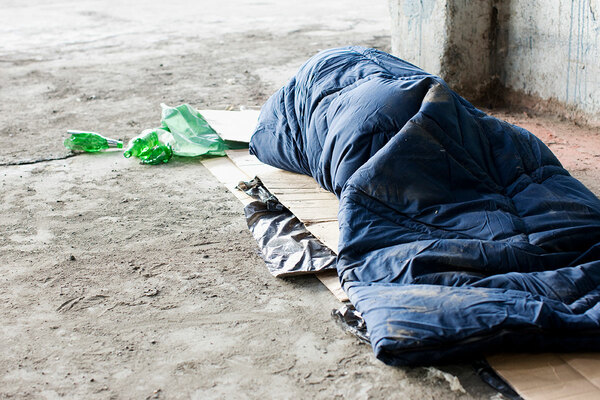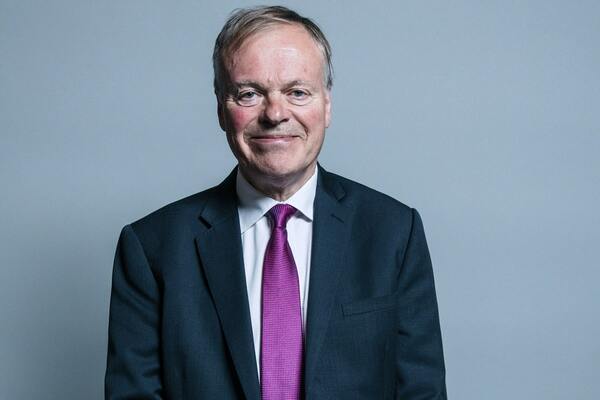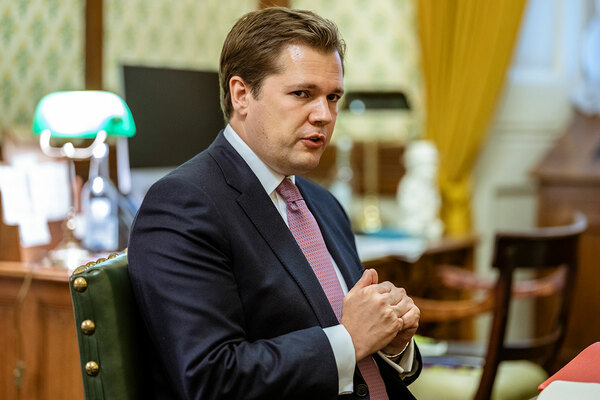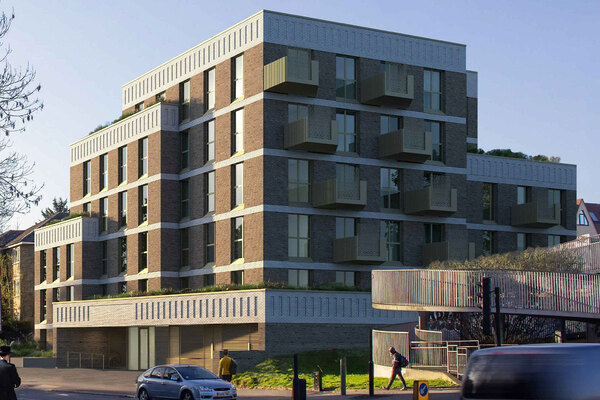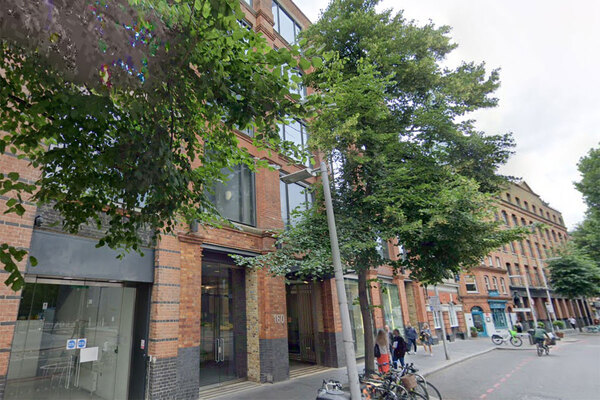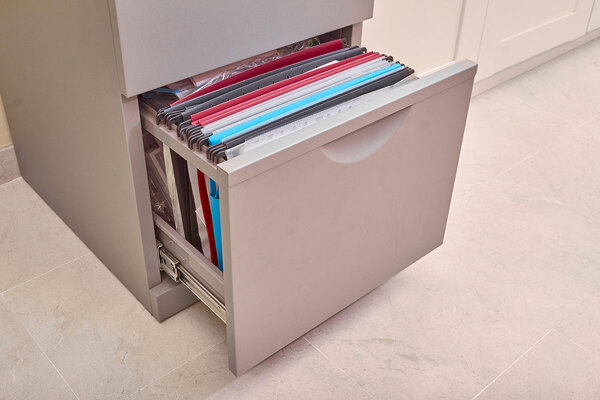You are viewing 1 of your 1 free articles
Councils call for ‘dedicated’ funding to house rough sleepers in hotels as cash fears grow
Calls are being made for the government to provide more funding for the procurement of hotels, as local authorities warn that efforts to house rough sleepers during the pandemic are “far from mission accomplished”.
Both councils and charities have told Inside Housing that a larger dedicated funding stream for the procurement of emergency accommodation is needed, as councils face competing pressures on resources.
Over the weekend, housing secretary Robert Jenrick announced an additional £1.6bn in funding for the 343 local authorities in England, bringing the total amount being given to help councils respond to the coronavirus to £3.2bn.
While councils can use this money to procure accommodation for rough sleepers, it must also cover a number of other council services, including adult social care and children’s services.
At the end of March, the government wrote to all local authorities in England telling them to find hotels or similar types of accommodation for all rough sleepers during the pandemic. So far this has seen nine out of 10 rough sleepers put into accommodation. However, there are now fears that if continued support isn’t given and accommodation isn’t funded further into the future, those rough sleepers may be forced back onto the streets.
Local authorities in England have only collectively been provided with £3.2m in direct funding in order to house rough sleepers. In comparison, the Welsh government has provided councils in Wales with £10m to book emergency accommodation.
Hannah Gousy, head of policy and campaigns at Crisis, said it is “essential” that the government provides a dedicated funding stream to ensure local authorities can continue to house rough sleepers throughout the lockdown period.
She said: “There are obviously a series of competing priorities, local authorities are dealing with a lot of very pressing issues right now and we are hearing examples of where councils are tapping into that £1.6bn figure in order to provide homes and services, but in lots of areas that’s not happening.”
Darren Rodwell, executive member for housing and planning at London Councils, said: “Although boroughs are working flat out to get rough sleepers into suitable accommodation, this is made so much harder by London’s chronic shortage of affordable housing.
“Direct funding to councils for procuring emergency accommodation makes a huge difference to our ability to provide local support.
“We will keep talking to ministers about the funding levels required and work with the government to secure the resources needed for helping homeless Londoners at this incredibly difficult time.”
Tom Copley, London’s deputy mayor for housing, said that more than 1,000 rough sleepers have been moved to hotels in the capital, but added that “this is far from mission accomplished”.
He said: “Government must ensure support is available for as long as this crisis lasts – and beyond. While the announcement last weekend of £1.6bn of funding is welcome, we urgently need clarity about where and how it will be allocated so that we can start using it to protect the most vulnerable Londoners.”
David Renard, housing spokesperson at the Local Government Association, said: “With the extra funding announced for councils at the weekend, councils will look to use some of this to source accommodation, hire additional staff, and support the people they are accommodating – including with essential basics such as food.
“To get through this crisis, councils need the government’s commitment that they will get all the resources they need to cope with this pandemic to be rock solid and consistent so they can stay focused on this monumental challenge.”
A recent report from Newcastle City Council illustrated the impact the coronavirus crisis is having on councils’ finances.
It estimated that the pandemic would cost the council at least £50m in the current financial year. To date the government has provided the council with just £10m in funding.
A government spokesperson said: “While local authorities continue to provide accommodation to those that need it, it is only responsible that we work with partners to consider how best to support the rough sleepers who have been moved into accommodation once the immediate crisis has been resolved.”
“Since the beginning of the crisis, over 90% of those on the streets and known to local authorities have been offered safe accommodation – ensuring some of the most vulnerable people can stay safe during the pandemic.
“This is a remarkable achievement and the progress that we have made is the result of a collaborative effort across government and with local authorities, health providers and charities.”
